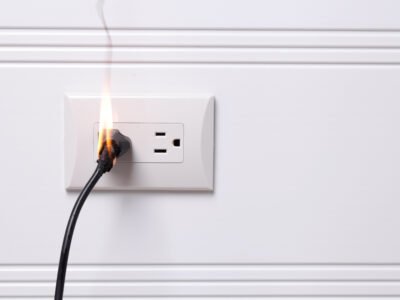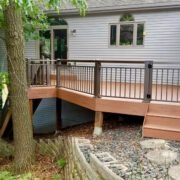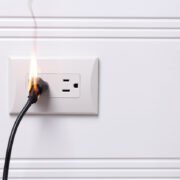Mulch is a material spread over a landscape, garden, or lawn to prevent soil erosion, insulate the soil and retain moisture for healthier plants. It promotes the strengthening of grass, tree roots, and garden plants.
If you’re in Missouri, you can quickly contact companies to purchase mulch in Creve Coeur MO. Since the city is known for having lovely landscapes, there’s no doubt that mulch is essentially used.
Benefits of using mulch
Mulch has a lot of benefits which is why gardeners, landscapers, and soil experts use it. Both inorganic and organic have the following benefits.
- Keeps the soil moist by reducing evaporation, which means you don’t have to water the plant very often
- Reduces aeration and prevents soil compaction, keeping the grass green and lush.
- Increases root growth and plant roots extend deep into the mulch instead of staying in the soil
What is Organic Mulch?
Organic mulch is mainly used by homeowners who have lawns or gardens. It provides the lawn with a long-lasting nutrient infusion. Organic mulch is made up of plant-based materials that were once alive. They include tree bark, pine needles, wood, cocoa bean hulls, and leaves. Over time, organic mulch decomposes on the lawn. That adds nutrients and draws earthworms and good microbes to the soil.
Pros of Organic Mulch
The benefits of using organic mulch include the following –
- Improves the quality of soil and nutrient details which elongates the plant life and makes it healthier
- Improves the soil texture and structure
- Brings in beneficial earthworms and microorganisms
- Stabilizes eroded areas
- Doesn’t overheat your garden
- Doesn’t cost as much as inorganic mulches
Cons of Organic Mulch
While there are many benefits to using organic mulch, there are also a few drawbacks that are –
- Needs frequent replacement
- Sometimes contains weed seeds (especially straw mulch and grass clippings)
- Can deplete the soil’s nitrogen levels
- Moist wood mulches attract pests like roaches and termites
What is Inorganic Mulch?
Inorganic mulch is used to prevent weeds from growing, and that improves the yard’s appearance. It comprises natural or synthetic materials that were never alive. These do not decompose over time which results in infrequent replacement. However, it does not return nutrients to the soil.
Types of inorganic mulch include:
- Gravel and river rocks (that are natural).
- Rubber pellets and black plastic (that are synthetic).
Pros of Inorganic Mulch
Using inorganic mulch has its benefits too, which are:
- Lasts long and doesn’t decompose
- Doesn’t include weed seeds
- Doesn’t reduce the nitrogen levels in the soil
- Versatile
- Eye-catching
- Prevents pests
Cons of inorganic Mulch
- Stone mulches remain in the soil and settle in deep
- Rock mulch absorbs heat and reflects it
- Plastic sheeting prevents the flow of water and air
- The landscape fabric used can suffocate worms
Summing Up
Using the right mulch can give your garden a glow and aesthetic appeal. The price of mulch varies based on its materials. It is free when made from grass clippings and shredded newspaper and pricey when it comes to rubber mulch.
Both organic and inorganic mulch have their pros and cons. So, pick one wisely after considering which mulch in Creve Coeur MO will benefit you more. It’s not that hard; look up mulch sellers on the net, and you’re good to go.












Comments